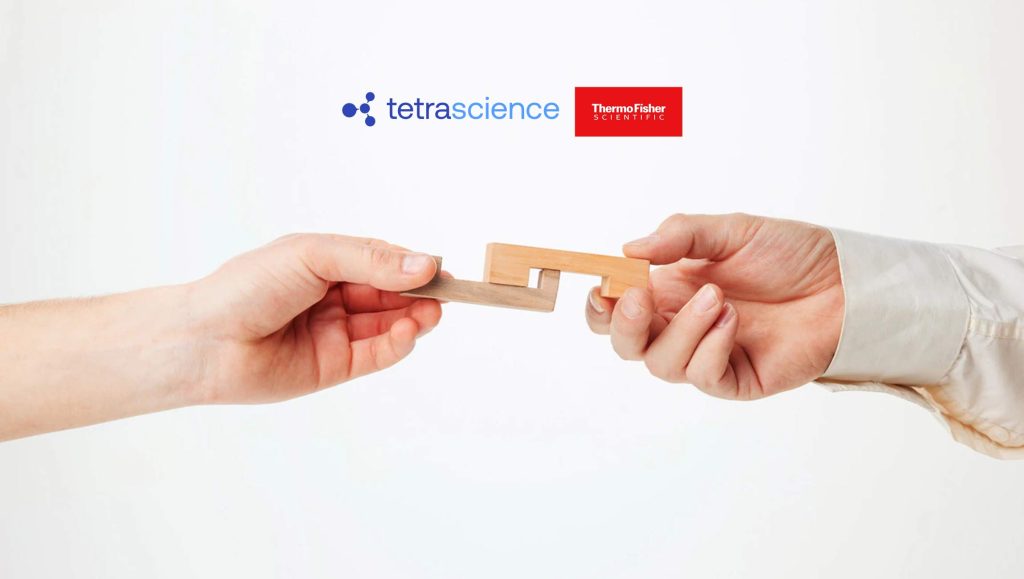Future of Revenue Enablement 2022 Benchmark Report highlights shortcomings of traditional sales enablement leading to only 52% quota attainment
Mediafly, the leading Revenue Enablement platform, and RevOps Squared, a SaaS benchmark firm, today unveiled findings showing that while 58% of organizations have a Sales Enablement presence, only 21% include Customer Success in their strategy and just 10% extend support to Marketing teams. As companies face increasing pressure to retain customers and grow in this challenging economic environment, there is a significant opportunity to expand enablement to complete revenue teams, improving customer experience across every touchpoint, from research to onboarding, support to expansion.
These findings are part of the 2022 Future of Revenue Enablement study, a survey of more than 300 B2B enterprises designed to uncover best practices in Sales Enablement across processes, tools, management and measurement.
Read More: SalesTechStar Interview with John Winner, CEO at Kizen
Key findings
Sales enablement is present in a majority of companies, yet most lack the tools to scale. 58% of survey respondents have a sales enablement function, yet only 19% support the program with sales enablement technology, limiting their ability to scale training and coach large teams.
Nearly half (48%) of sales reps fall short of quota expectations. This gap stems from many factors, including a lack of data-driven enablement, ineffective training, inconsistent measurement and poor talent intelligence to align roles with behaviors.
Faster ramp time leads to higher average contract values, yet nearly one-third of companies do not measure ramp time. According to the report, 29% of companies fail to measure new hire ramp to productivity. However, the study showed a direct correlation between ramp time and Average Contract Value, with companies selling solutions over $1 million ramping AEs faster than those selling lower-cost solutions.
Innovative companies are transitioning from traditional sales enablement to full-scale revenue enablement. While enablement historically focused only on sales, companies are broadening the support to their complete revenue teams. The study shows that of those with a formal Revenue Enablement program, 23% enable Customer Success, 18% presales, and 15% marketers, among other revenue functions. Additionally, 25% of companies have enablement reporting to the Chief Revenue Officer (CRO).
Value-based selling (VBS) is a high priority for B2B teams. 65% of companies reported having some form of VBS, with 33% deploying ROI calculators to provide a point of entry for conversations with economic buyers and influencers.
Read More: Use ICM Software to Retain Top Sales Reps During an Economic Downturn
Opportunities for growth
Opt for full-scale revenue enablement over traditional sales enablement. As many companies struggle to justify the efficacy of various programs, including sales enablement, to their key stakeholders, aligning go-to-market teams across the customer journey, integrating siloed data, and consolidating revenue tech stacks via a full-scale revenue enablement program provides the entire commercial organization with the tools, technologies and processes necessary to meet growth goals.
Prioritize sales coaching. In the absence of sales enablement, sales training becomes the primary responsibility of the sales function 33% of the time, HR 15% of the time, and Operations 13% of the time. Yet, training and coaching with intention yield the highest ROI. Revenue enablement platforms improve sales coaching with:
- Real-time, contextual coaching from conversation intelligence
- AI-powered, adaptive learning
- Advanced blended learning capabilities
- Post-call coaching and prescriptive next steps
Deploy execution-focused sales technology. Survey respondents ranked CRM as the top sales enablement tool across all cohorts, highlighting the prioritization of basic account, contact, and activity tracking. Meanwhile, survey responses showed a lesser dependence on guided selling (11%), conversation intelligence (22%) and sales enablement platforms (19%) proven to help sellers move the needle. Guided selling capabilities, in particular, allow organizations to automate sales best practices across the customer lifecycle.
Measure and optimize your revenue enablement program. Effective sales enablement can significantly increase quota achievement rates with guided selling and coaching feedback leveraged to optimize stage-by-stage conversion rates. Yet, only 27% of companies deploy guided selling, and just 14% of companies use stage-by-stage conversion rates as sales enablement requirement signals.
“The top three impacts of Sales Enablement include sales cycle time, quota achievement and win rates,” said Carson Conant, founder and CEO of Mediafly. “Yet 42% of companies don’t have a Sales Enablement program. And companies deploying traditional Sales Enablement are missing the boat. Our research suggests that more companies would benefit from embracing a Sales Enablement platform as a tool to drive sales and as a resource for training commercial teams and reinforcing best practices to improve performance. This full-scale Revenue Enablement, with specialized coaching, value selling and the right tech and insights across the revenue journey is necessary to succeed in today’s market.”





















